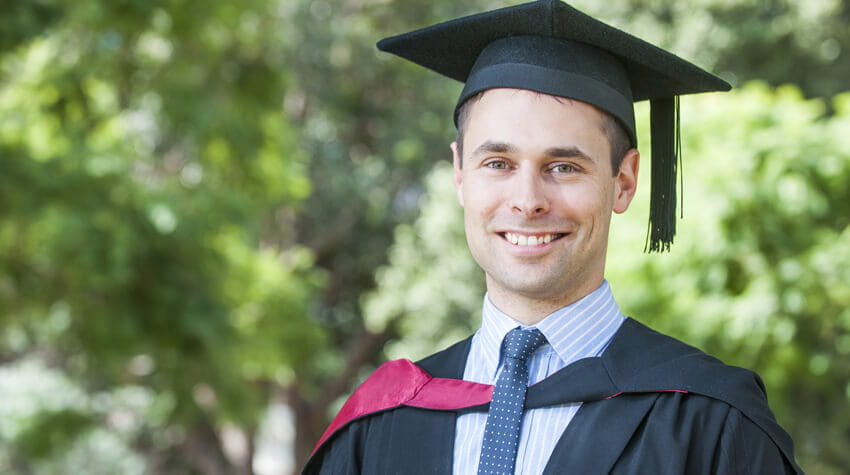What can I do with a degree in Electrical, Electronic and Power engineering?
Electrical, Electronic and Power Engineering courses at UniSQ provide you with the expertise to find success in a range of fields through the professional development of industry-relevant skills. Your newly-acquired skills can be taken forward in both the public and private sectors.
UniSQ is home to a supportive community that prioritises diverse and efficient learning to ensure all students can grow to become leaders in their field. Studying electrical/electronic engineering or power engineering will prepare you for a wide range of career avenues, including:
- Circuit Engineer
- Electrical and electronic engineering officer or technologist
- Electrical or electronic drafter/designer
- Electrical maintenance technician/planner
- Electrical control engineer
- Instrumentation and electrical (I&E) reliability engineer
- Senior technical or engineering officer
- Power systems engineer
- Telecommunications technician
- Technical officer
- Test engineer
- Engineering support officer
- Computer engineer
- Robotics engineer
- Biomedical engineer
- And many more!
Studying power engineering at UniSQ will enable you to work with industry-experienced professionals and gain the necessary experience to work in major corporations. Learn practical skills working on projects you’re passionate about, whether developing a smart grid for future electricity distribution or microgrids. After gaining work experience, you can apply for stage 1 Professional Engineer (MIEAust), followed by chartered status as a Professional Engineer (CPEng), and with extensive career experience, the Executive Engineer (ExecEng) accreditation.
At UniSQ, we are dedicated to providing the perfect stepping stone for you to embark on a rewarding electronic and electrical engineering career. Whether you’re looking to undertake an undergraduate or postgraduate electronic and power engineering degree online, on-campus, or a combination of the two, you’ll have access to state-of-the-art learning facilities, equipment and teaching staff.
